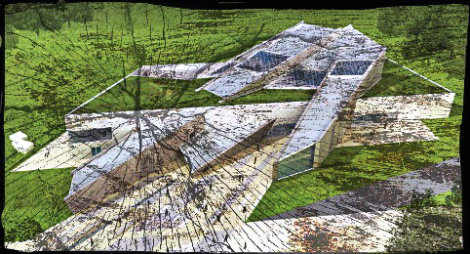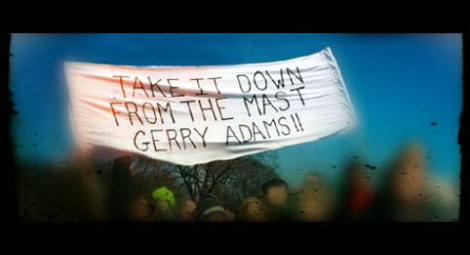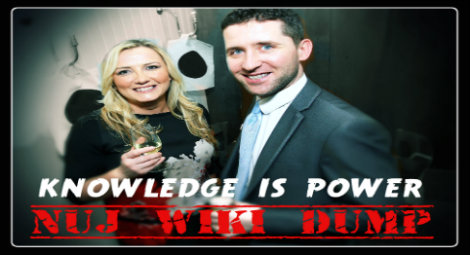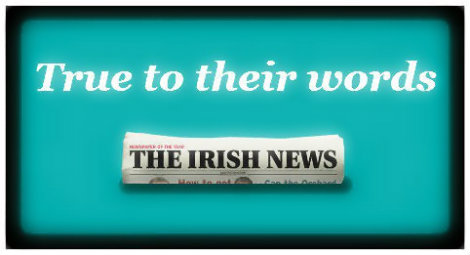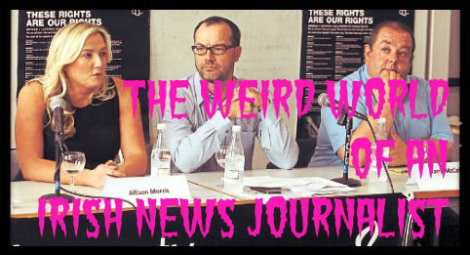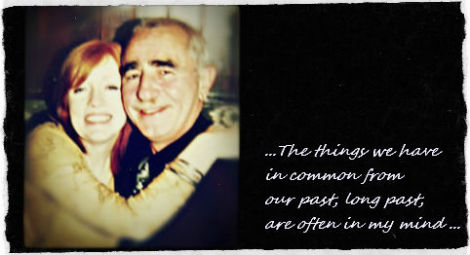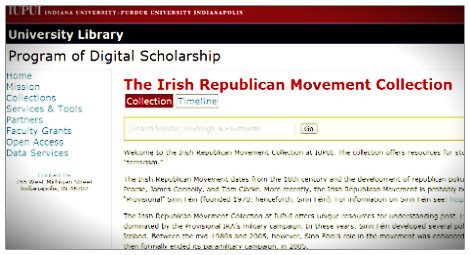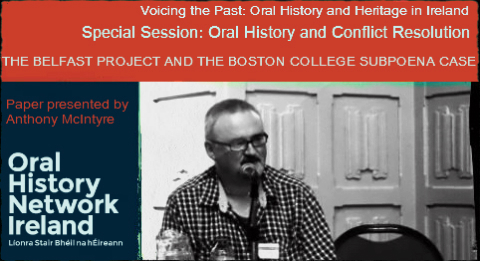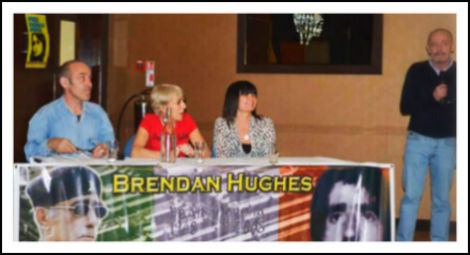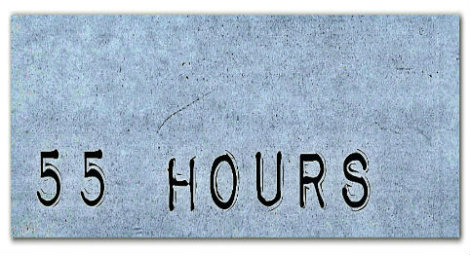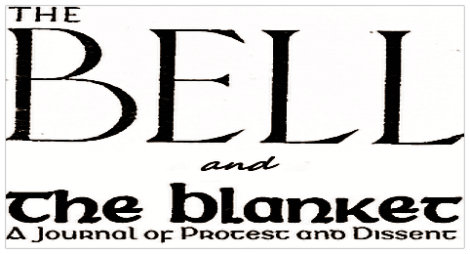For long we had been regaled with delusional tales of how O’Rawe had been comprehensively demolished and that each new non-discovery by his opponents had finally concluded the debate in their favour. Truly underwhelming stuff where wish was parent to the thought.
Even before this week’s Irish News special on the 1981 hunger strike O’Rawe’s integrity had been both salvaged and enhanced. With Brendan McFarlane feeling compelled to reconfigure his account of the pivotal 1981 prison conversation between himself and O’Rawe in the wake of serious erosion of his original account, the die was cast. After that few believed that O’Rawe had made it all up. They may not have attributed any malign motive to McFarlane but simply acknowledged that O’Rawe’s narrative possessed a consistency that unlike the counter narrative was not chameleon in character. The pendulum of culpability swung decisively away from O’Rawe.
His vindication secured, that the Irish News debate took place at all was further validation of the position of Richard O’Rawe. That the claims made in his book Blanketmen almost five years ago are being given such exposure this week in a newspaper read by more Northern nationalists than any other were beyond his wildest expectations at the time of publication. It was also something Sinn Fein would have viewed as a nightmare had they any inkling. Now all O’Rawe has to do is turn up. His critics, by contrast, have no option but to turn up; a sign of how the balance of power of persuasion has undergone a significant shift. And where they needed to raise the level of their contribution they singularly failed. The issue has now been pushed to a new plateau. Had the original allegation in Blanketmen been about the existence of either the unicorn or the mermaid that would have been the last anyone heard of it. What kept it going to the point where O’Rawe’s narrative is now the dominant one, having successfully challenged and displaced the previous one, was the ring of truth that resonated from it.
There are echoes of the Birmingham Six emanating from this controversy. When convicted it looked as if their goose was cooked. Few gave them a snowball’s chance in hell. When challenged the British judiciary jerked and jumped as if they had had been tapped with a cattle prod. Howls of indignation met the challenges of those seeking to establish accuracy. ‘How dare anyone question us’ was the standard arrogant refrain. All critics were told to shut up and just accept the view of Lord Denning that all they had to offer was an appalling vista. They were smeared as terrorist sympathizers. It got the judiciary nowhere as they were swamped under an avalanche of probing and investigative journalism.
Seems something similar is taking place here. The regime of truth which had little true about it is being dismantled month by month. The old chant from within the bowels of the H-Blocks, ‘Victory to the Blanketmen’, has meaning like never before.













